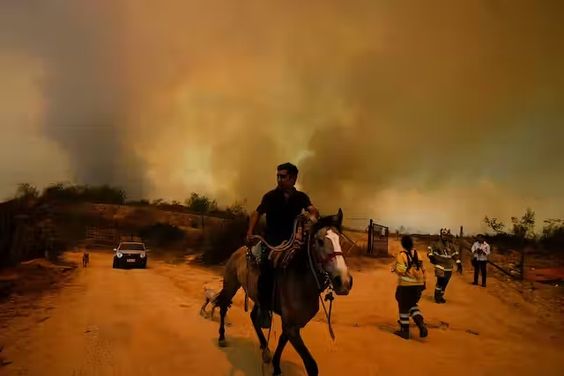
Historically the most well-known member of the Farmers Party is Vidkun Quisling (18 July 1887 – 24 October 1945) he was a Norwegian military officer, politician (Minister of Defence in 1931), and Nazi collaborator who nominally headed the government of Norway during the country’s occupation by Nazi Germany during World War II.
Rundt klokken seks om morgenkvisten dro jegerne fra Statens naturoppsyn ut på truger, ski og snøscooter.
Etter hvert landet også et helikopter på et jorde utenfor Flisa.
“Gamlemor er skutt, lyder det muntert over radioen”https://t.co/QVmX1dIKXo— Cath Spange 🐦Boosterdosa naturvenn (@CSpange) February 17, 2022
The Guardian: In Norway nine wolwes killed on the first day after injunction lifted on cull of 25 wolves living in conservation zone. On the basis of new registrations, the state administrator has extended the quota to 28 wolves.
We ask the Norwegian Environmental Protection Agency to start as soon as possible with extraordinary extraction of wolves on the Norwegian side in the border areas Bograngen and Rømskog. This is a better and more effective solution than extending the license period, and which balances out the various trade-offs that the situation requires.
Espen Barth Eide (Labour Party), Minister of Climate and Environment February 17. 2022
In both the United States and Europe, wolves have always been demonized and decimated until they were virtually extinct. In recent decades, the population of wolves is on its way back through conservation measures and repatriation, in the recognition that wolves and other predators are an important part of the ecosystem. Yellowstone, where 14 wolves were released after the species had long been extinct. Without the wolf, other populations grow numerous and upset the eco-balance. The deer’s overgrazing threatened both the bear’s food tray and other species’ existence. The wolf’s return even changed the river tenant. The example should not be taken too far. Yellowstone is wilderness, while wolves in Scandinavia live in human-controlled nature. But the experiment has inspired several attempts to repatriate wolves also in cultural landscapes. So-called “rewilding” is a growing movement that aims to return species to their original habitat before human activity displaced them. And, yes, there is considerable opposition from landowners and farmers, but there are signs that such a way of thinking about sustainability and the species’ interdependence is also gaining ground among them.
Marie Simonsen, OPINION in Dagbladet





35 Comments
Pingback: best passive income
Pingback: สล็อตเว็บตรง
Pingback: Residual income
Pingback: นำเข้าสินค้าจากจีน
Pingback: สโบเบ็ต888คาสิโน
Pingback: Buy Kimber gun
Pingback: ออกแบบโลโก้
Pingback: สล็อตเว็บตรง
Pingback: สล็อตเว็บนอก
Pingback: https://fahrunternehmen.de
Pingback: click through the next internet site
Pingback: aksara178
Pingback: bk8 thai
Pingback: เปิดบัญชีเทรด Forex
Pingback: Douceur Beauty
Pingback: visit our website
Pingback: vapori de ulei
Pingback: พรมปูพื้นรถยนต์
Pingback: กายภาพบำบัด
Pingback: xxxโอลี่แฟน
Pingback: altogel login link alternatif
Pingback: Volnewmer
Pingback: Accounting Phuket
Pingback: bk8
Pingback: sexy-gold
Pingback: ทางเข้าpg
Pingback: Sevink Molen
Pingback: Destination Wedding in France
Pingback: หวยชัวร์ 100
Pingback: stihl veikals
Pingback: รีวิวเกมสล็อต
Pingback: Team Building
Pingback: เว็บปั้มไลค์
Pingback: 7 slots
Pingback: เว็บตรงฝากถอนง่าย